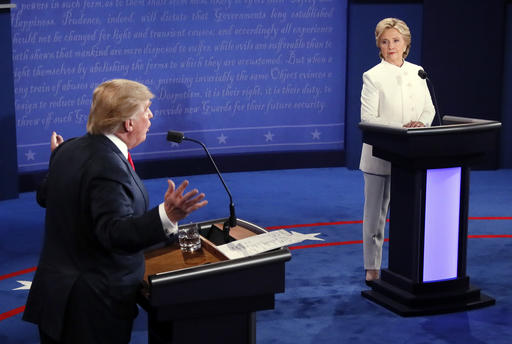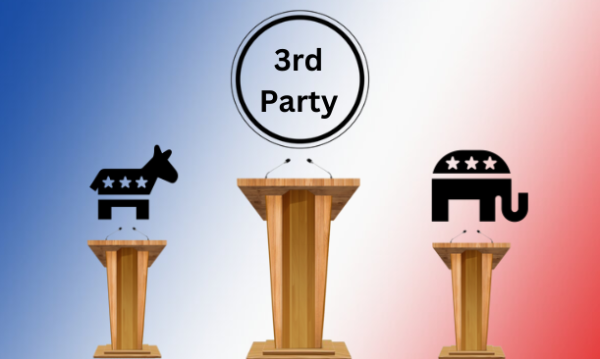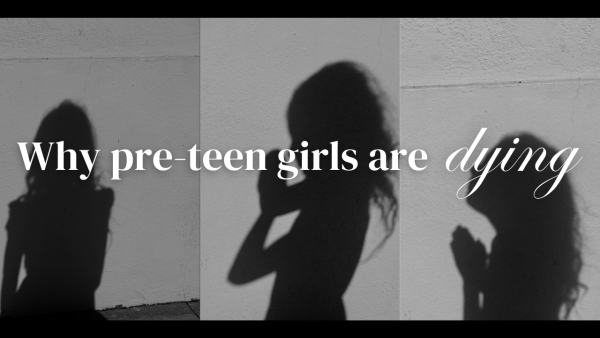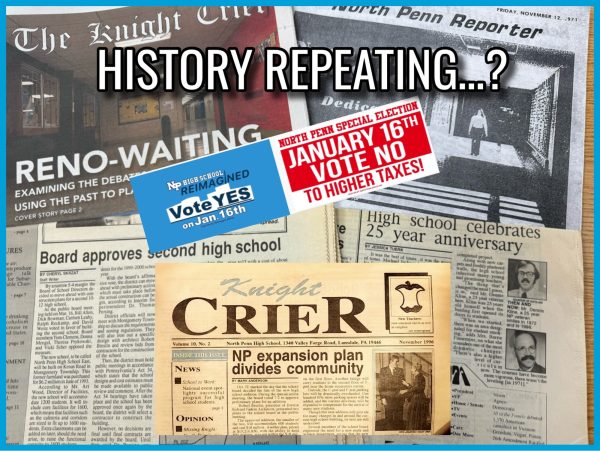And that’s that for Debate season 2016

Democratic presidential nominee Hillary Clinton and Republican presidential nominee Donald Trump debate during the third presidential debate at UNLV in Las Vegas, Wednesday, Oct. 19, 2016. (Mark Ralston/Pool via AP)
“This is going to end up getting out of control,” Chris Wallace said during last night’s debate. Wallace consistently attempted to keep the debate, which focused on issues regarding the supreme court, immigration, the economy, and foreign affairs, on track. Although more substantive and orderly than the previous town hall debate, both candidates talked over each other, attacked one another, and went over their allotted speaking times during last night’s debate.
Is this surprising?
Targeted to undecided voters, presidential debates allow voters to make an informed decision regarding who to vote for based on each candidate’s policy plans and positions on hot button issues. The first debate, which had a record setting 84 million viewers, focused on domestic issues. The second debate, which had 66.5 million viewers, was in town hall format. 59.2 million tuned into last night’s debate, which focused on foreign issues. Although each debate focused on different topics, viewership decreased after each debate.
Perhaps this trend is apparent because candidates ultimately define themselves to a mass audience during the first debate. After the first debate, primarily those who are concerned about politics stay tuned. Notably, more than 2.3 million voters casted their ballots prior to the final debate, which raises the question: why have more than one presidential debate an election cycle? While it is true that new issues are brought up during the debates, simply having more debates did not change what we already knew about the candidates.
Clinton continues to champion equality, and Trump continues to emphasize the importance of law and order. Critics still cite Clinton as a corrupt, untrustworthy establishment candidate and Trump as a vulgar, narcissistic, thin-skinned candidate. So why keep debating?
CNN’s article “Do U.S. presidential debates matter?” published October 11th, 2012 addressed this question, citing that “although debates aren’t typically seen as deciding an election’s outcome, there have been a few exceptions over time… Long stretches of presidential debates involve dry policy speeches, but it’s usually a single gaffe or clever one-liner that comes to define a debate in the annals of national memory.”
The question persists nonetheless: did we learn anything new last night?











